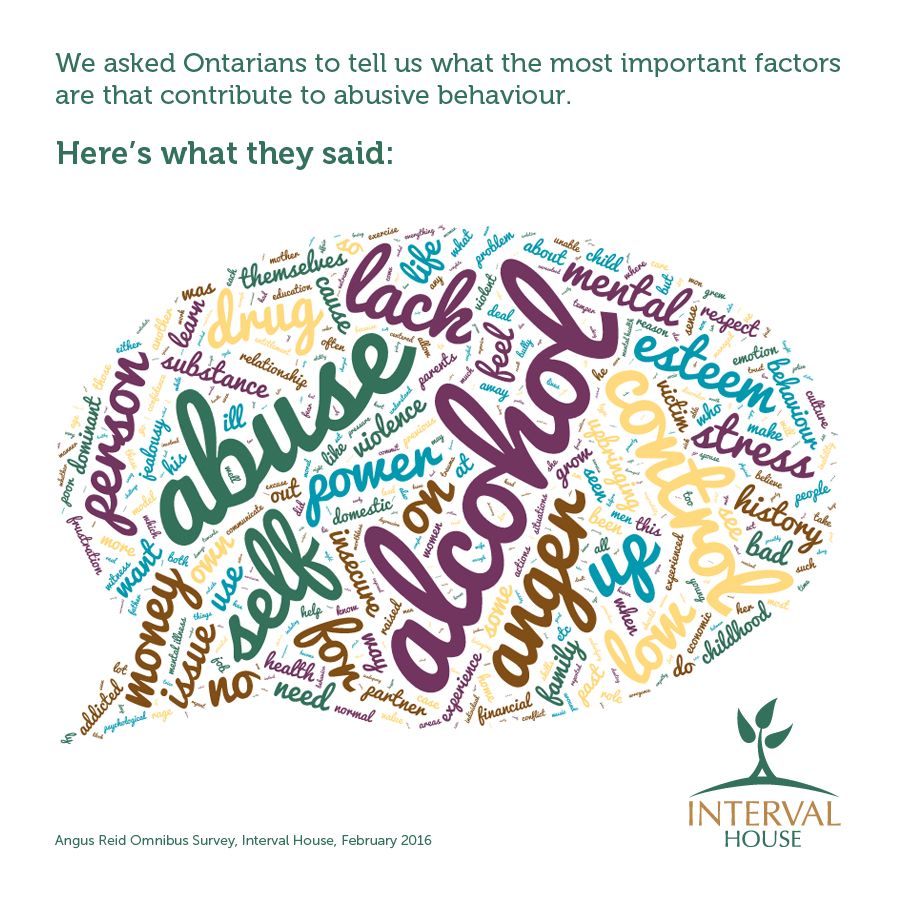
When a woman leaves an abusive situation and comes to our shelter, she’ll have many questions and unknowns about Interval House, the process, and the timelines for rebuilding her life. One of the questions we’re asked most often is how long do women stay at our shelter?
The answer: A woman will typically stay at our shelter for three to four months. This timeline is for several reasons. After her stay with Interval House, many residents will move into City of Toronto subsidized housing. This resettlement process takes three to four months.
There is typically a five- to six- year waiting list for subsidized housing. However, domestic violence survivors that can provide documentation that they lived with their abuser can get on a priority waiting list due to safety concerns.
A period of three or four months is also a good amount of time for a woman to get through the initial crisis and feel ready to be independent again.
But this is only a rough estimate. It’s certainly not etched in stone. Each situation is different, and timelines are specific to each family and their needs. If a family is approaching three months at our shelter and are not ready to move out, they are definitely welcome to stay with us longer.
Some reasons a women may stay with us longer include:
- Severe trauma: For example, if she experienced severe physical violence, potentially resulting in her needing medical attention.
- Immigration status: A woman’s immigration status can delay and complicate her ability to access housing, particularly government-subsidized housing.
- Disability: Women or children who need accessible housing often have to wait longer to find a unit that’s suitable for them to move into.
- Safety: If her abuser is stalking her and finds her, we need to transfer her to another shelter, which can prolong the process of her moving out on her own.
- Lack of documentation: If a woman can’t prove that she lived with her abuser, she won’t be eligible for the priority list through the City and we’ll need to help her look at other housing options.
Whether she stays for the typical three or four months—or stays for a longer period of time—we want to help her rebuild and get back on her feet.

